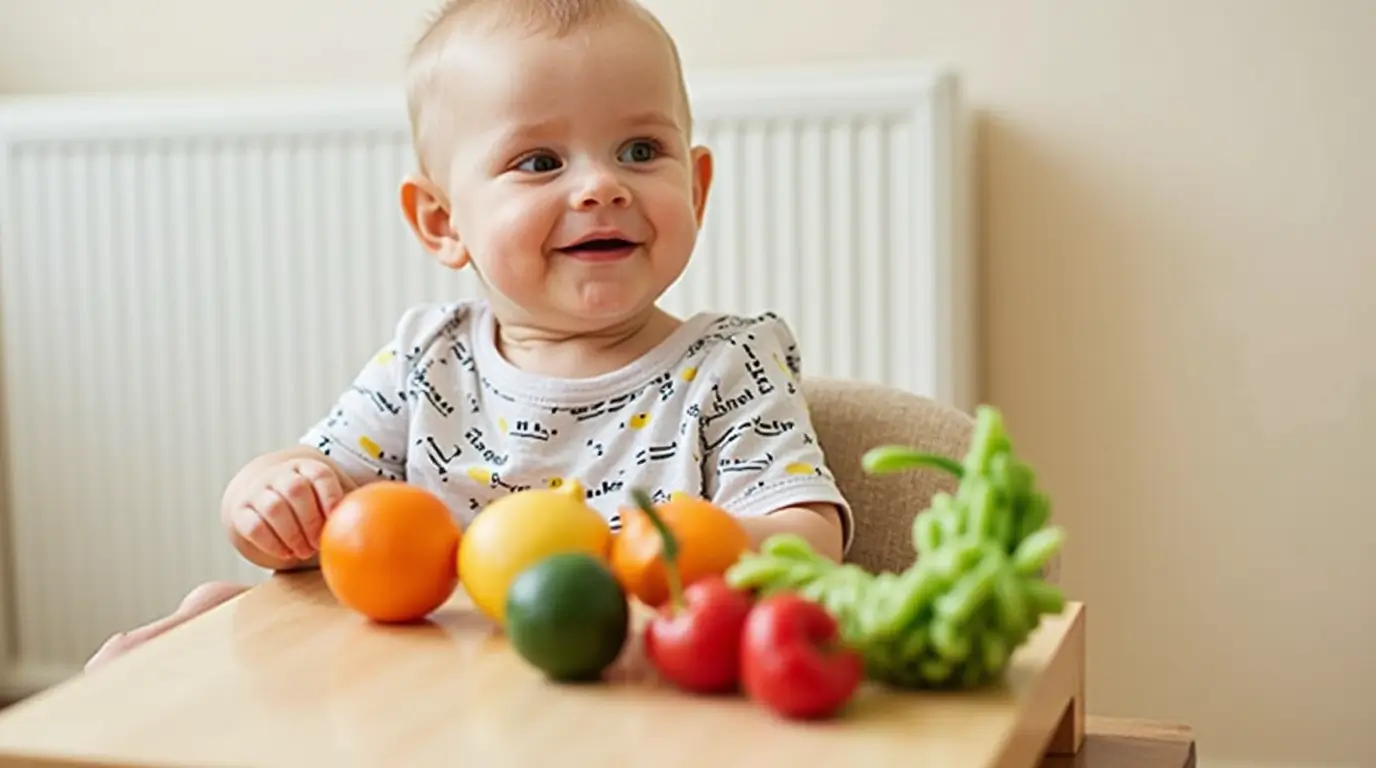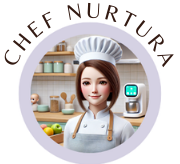Introduction
Are Vegan Diets Safe for Babies and Toddlers?
Thank you for reading this post, don't forget to subscribe!Raising a child on a vegan diet is a topic that sparks curiosity and concern among many parents. With growing awareness of plant-based nutrition, more families are exploring vegan diets for their little ones. But is a vegan diet safe for babies and toddlers? Can it provide all the essential nutrients for healthy growth and development?
The short answer: Yes, but careful planning is key. Babies and toddlers have unique nutritional needs, and it is crucial to ensure they get enough protein, healthy fats, vitamins, and minerals. With the right approach, a well-balanced vegan diet can support a child’s growth while promoting a love for wholesome, plant-based foods.
In this post, we’ll explore the benefits and potential challenges of raising vegan babies and toddlers, highlight key nutrients to focus on, and offer practical tips to ensure your little one thrives on a plant-based diet.

Challenges of a Vegan Baby Diet
1. Nutritional Balance: Ensuring your baby gets enough protein, iron, calcium, omega-3 fatty acids, and vitamins B12 and D can be tricky, as some of these nutrients are predominantly found in animal products.
2. Meal Preparation: Vegan diets may require more planning and preparation, especially to incorporate a variety of foods that meet all nutritional needs.
3. Medical Supervision: Regular pediatric checkups are essential to monitor your baby’s growth and to address any deficiencies early.
Natural Foods for a Vegan Baby Diet
To meet your baby’s nutritional needs, include the following food groups:
1. Protein Sources:
– Lentils
– Chickpeas (mashed or pureed for younger babies)
– Tofu and tempeh
– Nut butters (thinly spread to avoid choking hazards)
2. Iron-Rich Foods:
– Fortified cereals
– Spinach (cooked and blended)
– Sweet potatoes
– Lentils and beans
Pair iron-rich foods with vitamin C sources like oranges or tomatoes to enhance absorption.
3. Healthy Fats:
– Avocados
– Flaxseeds (ground)
– Chia seeds
– Walnuts
4. Calcium and Vitamin D:
– Fortified plant milks (e.g., almond or soy milk)
– Broccoli
– Kale
– Fortified cereals
5. Vitamin B12:
– Nutritional yeast (fortified with B12)
– Fortified plant-based milks
6. Omega-3 Fatty Acids:
– Ground flaxseeds
– Chia seeds
– Hemp seeds
7. Snacks and Finger Foods:
– Sliced bananas
– Cooked carrot sticks
– Whole grain toast strips with avocado

Tips for Success
– Variety is Key: Introduce a diverse range of foods to ensure your baby gets a wide spectrum of nutrients.
– Supplements: Include a vegan baby supplement for B12, vitamin D, and omega-3s as recommended by your pediatrician.
– Monitor Growth: Regularly track your baby’s growth to ensure their diet supports proper development.
– Stay Informed: Consult with a pediatrician or a vegan dietitian for tailored advice and meal planning.

Final Thoughts
While raising a baby on a vegan diet requires extra attention to nutrition and meal planning, it can be a healthy and ethical choice when done correctly. With access to a variety of plant-based foods and supplements, your baby can thrive and enjoy delicious, natural meals. Always consult with healthcare professionals to ensure your baby’s needs are met.
Raising a Baby on a Vegan Diet: Challenges & Tips
Raising a baby on a vegan diet may come with its unique challenges, but with proper planning and knowledge, it can also be an incredibly rewarding journey. By focusing on nutrient-dense foods, consulting with healthcare professionals, and being mindful of your baby’s developmental needs, you can ensure their growth and health are supported every step of the way.
At DeliciousBabyRecipes.com, we are here to make this journey easier for you. Whether you’re looking for creative recipes, expert nutrition tips, or practical advice, our resources are designed to help you provide balanced, plant-based meals for your little one. Remember, every small effort you make contributes to their health and well-being.
Explore our site for more inspiration and guidance as you embrace this lifestyle, and don’t hesitate to reach out if you have any questions or need additional tips. Together, we can create a world of delicious, healthy, and compassionate choices for your baby.

